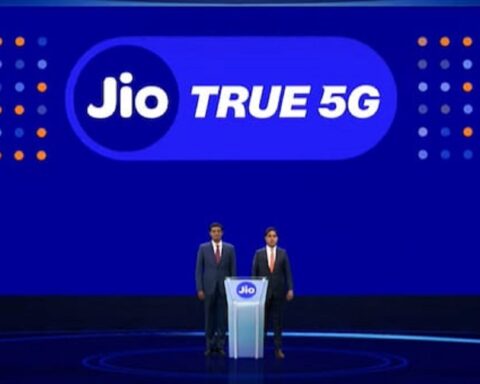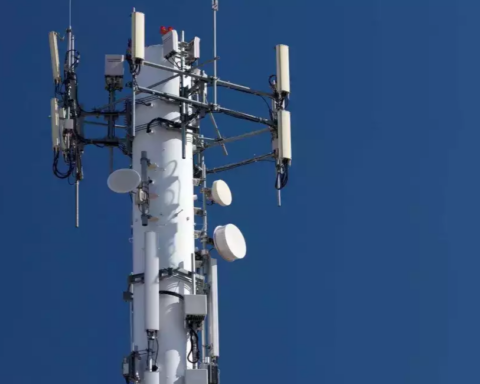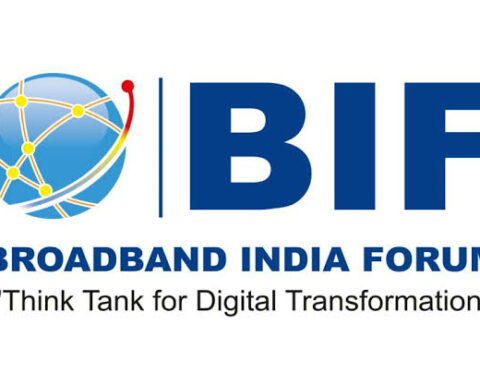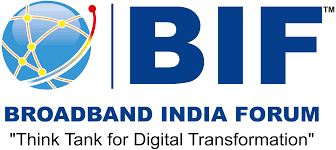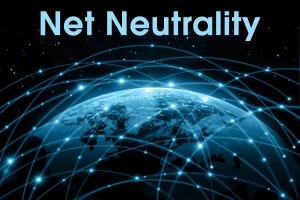 Senior faculty members of top educational institutions of the country, including IITs and IISc, have come out in support of the cause of net neutrality.
Senior faculty members of top educational institutions of the country, including IITs and IISc, have come out in support of the cause of net neutrality.
Around 50 faculty members from India’s top institutions have issued a joint statement countering arguments included in Trai’s consultation paper that focus on why network neutrality must be compromised or weakened. The statement substantiates the counter arguments with different examples to conclude that there are no sound technical or economic reasons to violate net neutrality in the country.
Members include Bhaskaran Raman, professor, Department of CSE, IIT Bombay, Jayant Haritsa, professor, Department of CSA, IISc Bangalore, and Amitabha Bagchi, associate professor, Department of CS&E, IIT Delhi.
The statement focuses on four technical aspects of digital networks, and urges the authority to strongly support net neutrality.
The statement firstly counters Trai’s argument that net neutrality must be violated to solve congestion in the network.
It mentions that the argument is fundamentally flawed technically as congestion can effectively be addressed by looking only at the quantity of data, while preserving net neutrality. “For instance, it would be well within the principles of net neutrality to serve the first GB of a user’s data fast, and the second GB of data slower. The second GB can also be priced higher.”
The statement iterates it with an example of a post office that gets 90% postal mail from 10% of its users. It can either impose limits of quantity of mail, or price differentially based on amount of mail sent, or simply increase its capacity, it mentions. “What it cannot do is to pry open every letter and price differently based on the content. To do so would be absurd. Likewise, if a road network is facing congestion, it would be absurd to charge road tax based on the identity of who is using the road, or based on whether the commuter is going to a bank or to a grocery store next to the bank,” it adds.
The statement from the faculty also counters the Trai argument that net neutrality must be violated to provide service differentiation. ” Network neutrality does not mean there is no service differentiation. It means that the choice for better service is made by the end customer, not by the network. For instance, if a remote clinic wants a certain network capacity to a city hospital’s telemedicine portal, it chooses to buy that extra capacity by paying the network operator. On the other hand, if net neutrality is violated, and the network operator made the choice, the clinic could end up with the same network capacity, not to the required hospital website, but to an e-commerce website of no use to the intended telemedicine,” says the statement.
The statement also emphasises on how net neutrality is critical to internet architecture. ” The internet architecture is essentially one where intelligence is pushed to the edge of the network: these are the content servers as well as the clients of these services at the other edge of the network (the smart-phones and laptops and PCs). This idea is fundamental to internet’s success. This is the reason why any small developer or business can develop a website or smart-phone app and have it used by its customers. This contrasts the traditional telephone architecture where the end device is dumb and the network is intelligent (relatively speaking): you can do nothing but punch numbers or receive phone calls using the end device. The relative success of each of these models and the fact that even telephone companies have adopted the Internet model speaks for itself as to which architecture is better for innovation, for the economy, and for society. So when telecom network operators seek more control of how much traffic is used to which website or application (i.e., violate net neutrality by having “intelligence” in the network), the fundamental idea behind the Internet is under threat. The implications of this are huge, given that the Internet is central to today’s information age,” the group adds.
The statement concludes by terming the Trai consultation paper as misleading and confusing in title and terminology.
It says the title as well the entire document uses the term “over-the-top” (OTT) services as though such services are some special services or applications. However, any standard digital networks textbook would state that any service or application using the internet, runs “over-the-top” of the network. “There is no example of an application which is not “over-the-top”. Thus the proposed regulatory framework encompasses every application and every use of the internet, not just some special services. While the term OTT is common outside the consultation paper, it is misleading all the same. It is like a road construction company calling a school accessible by the road as an over-the-top service. Sure, one has to use the road to reach the school, but the term suggests that the road somehow has a role in the school’s education service over and above just using the road to reach the school,” it mentions.





